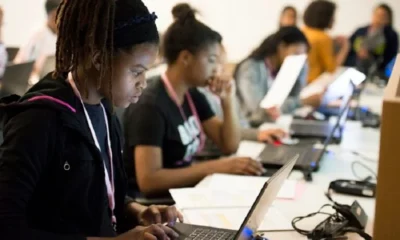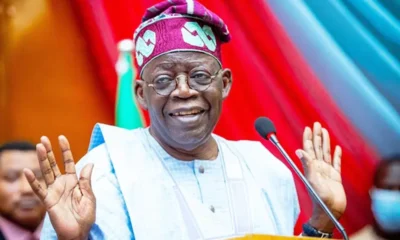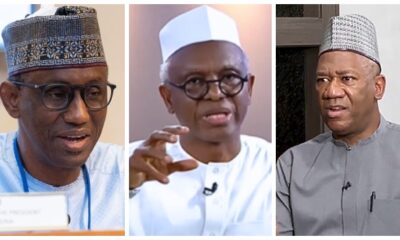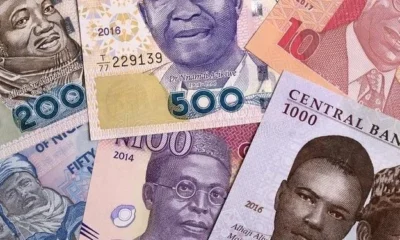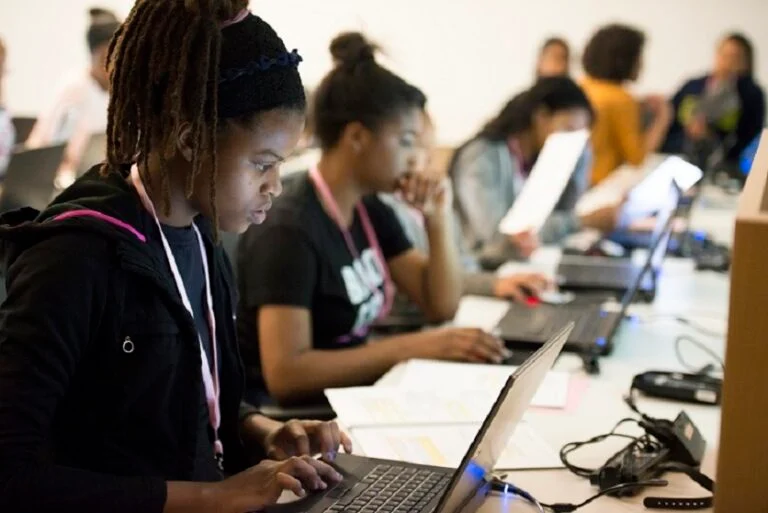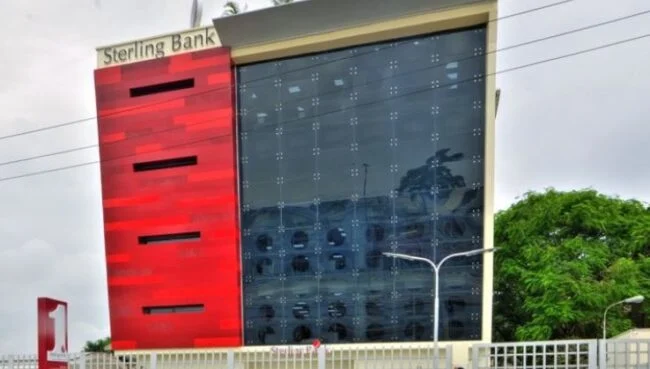The National Drug Law Enforcement Agency and the ministry of education are set to collaborate on mandatory drug integrity tests for students in tertiary institutions.
Additionally, they plan to revise the secondary school curriculum to incorporate drug education.
This decision was made on Wednesday when Buba Marwa, the chairman of the NDLEA, led a team from his management to meet with Tunji Alausa, the minister of education, in Abuja.
According to a statement by Femi Babafemi, the NDLEA spokesperson, Marwa praised the minister for his proactive stance, noting that combating illegal drug use is a crucial battle for the well-being of Nigerian youth.
“The drug scourge, as we all know, is very high in Nigeria. So, we’re actually fighting for the souls of our children. Now, we also know that drug use is exacerbating criminal activities. That is, the Boko Haram, the terrorism, banditry, and so on,” he said.
“We know that without drugs, they wouldn’t be able to do what they are doing, because they wouldn’t do all these criminal activities in their right senses.
“Now, through law enforcement action, we have continued to deal mortal blows to the drug cartels. We know that through the seizures, arrests, convictions, and assets forfeiture, we’re doing our best.
“Supported by President Bola Tinubu, within the last two years, we have arrested 40,887 criminal elements, gotten 8,682 convicted and seized 5,507 metric tons of illicit drugs.
“In fact, from January last year to the present, opioids, that’s tramadol mostly, that we have seized, are in excess of one billion pills, which is worth more than N1 trillion.”
Marwa proposed revising the curriculum in secondary schools to include drug education.
“Another area we were thinking of suggesting is to introduce stand-alone drug abuse prevention programmes in secondary schools. Not the curriculum this time, but programmes that stand on their own, lectures, competitions, and involving the parents, and so on,” he said.
“And then the third area we were thinking is to adopt a drug testing policy in tertiary institutions, because we want a policy to keep our campuses clean.
“Several vice chancellors have come on their own to seek both our guidance and participation in conducting drug tests for their students. So, what we are suggesting now is drug tests for new students, for students returning from vacations, and random tests.
“This will make the children avoid taking drugs, knowing fully well that if they do and they are found out, there will be consequences. And the consequences do not necessarily mean rustication.”
Responding, the minister applauded Marwa for his “steadfastness and commitment to service”.
He proposed forming a technical and inter-ministerial working group involving the ministry and the NDLEA.
“We’re reviewing the curriculum now for secondary school. And that’s why I’ve asked the director of Senior Secondary School to come, to be here and then we find a way to cascade it down to primary school. But we need to get both primary school and secondary school and add this to their curriculum. But the one for secondary school, we can definitely do that now. We’re just developing their new curriculum now,” Alausa said.
“Also, on the stand-alone school programmes, I agree with you fully. We should also design ongoing programmes in our schools. That we can roll out, and cascade down. You also said something very important about the drug test policy in tertiary institutions. We will do it.
“We have to do it. We do not have a choice. At least, we’ll start with tertiary institutions, for their fresh and returning students as well as random testing.”
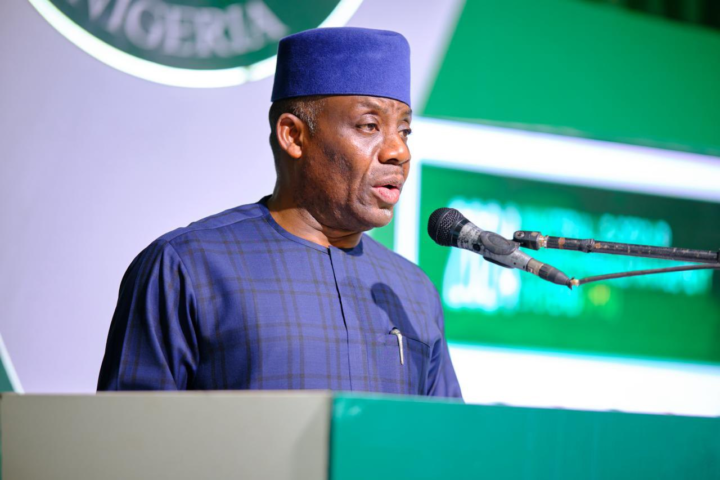

 BIG STORY3 days ago
BIG STORY3 days ago
 BIG STORY3 days ago
BIG STORY3 days ago
 BIG STORY13 hours ago
BIG STORY13 hours ago
 BIG STORY3 days ago
BIG STORY3 days ago
 BIG STORY2 days ago
BIG STORY2 days ago
 BIG STORY8 hours ago
BIG STORY8 hours ago
 BIG STORY1 day ago
BIG STORY1 day ago
 BIG STORY2 days ago
BIG STORY2 days ago






